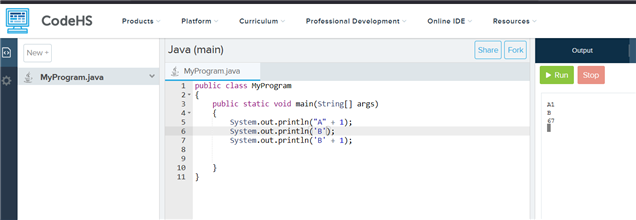Found this the usual way (meaning the hard way):
Background: 2024-10-13,06:25:21 beginLP _nextPos 0
l_pos = '_' + _nextPos;
_util.logTime("requestLogPos " + _nextPos + ", l_pos " + l_pos);
Background: 2024-10-13,06:25:21 requestLogPos 0, l_pos _
l_pos = "_" + _nextPos;
_util.logTime("requestLogPos " + _nextPos + ", l_pos " + l_pos);
Background: 2024-10-13,06:25:21 requestLogPos 0, l_pos _0
Characters can work, as in this:
public function httpURL(php, rest) {
return _host + php + '/' + G_uID + '_' + System.getTimer() + '_' + _httpRetrys + '/' + rest;
}
_util.logTime("requestLogPos l_pos " + l_pos + ", l_url " + l_url);
Background: 2024-10-13,06:25:21 requestLogPos l_pos logPos_0, l_url https://my.example.com/g1/lp/ffa0f28f1a9e91d2133a05fc4ff987c817fb2ab4_361254406_0/logPos_0
Multiple characters OK, single characters bad and have to use string as workaround. Normally it wouldn't matter except that strings are objects which add up after a while.



